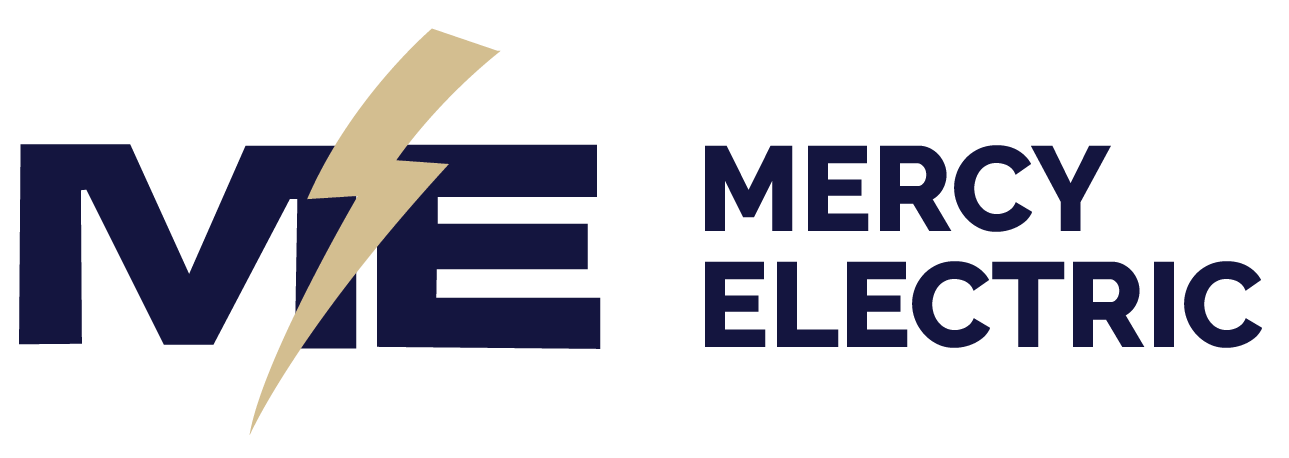Expert Guide: Everything You Need to Know About Electrical Inspections in the San Francisco Bay Area
Whether you’re buying a new home or maintaining your current property in the Bay Area, understanding electrical inspections is crucial for your safety and peace of mind. This comprehensive guide covers everything from costs and processes to choosing the right inspector, helping you make informed decisions about your home’s electrical system.
Why Do You Need an Electrical Inspection in the Bay Area?
The San Francisco Bay Area’s unique housing market, with its mix of historic Victorian homes and modern constructions, presents specific challenges when it comes to electrical systems. Regular electrical safety inspections are essential for preventing potential hazards and ensuring your home’s electrical system complies with local codes.
When evaluating an electrical system, professional electrical inspectors look beyond surface-level issues. They examine everything from outdated electrical panels to modern electrical components, ensuring your home remains safe and efficient. A thorough inspection can help you identify problems before they become dangerous or costly.
Contact Us Today About Your Project
Contact NowWhat Does a Professional Electrical Inspection Cover?
A full home electrical inspection encompasses various components and systems. Your electrical inspector will examine the main electrical panel, electrical subpanels, and all major electrical components. They’ll check for common electrical issues like overloaded circuits, improper wiring, and potential electrical hazards.
The inspection typically includes a detailed assessment of:
– The main electrical panel and circuit breakers
– Wiring conditions and connections
– Grounding systems
– Outlets and switches
– Appliances and electronics connections
– Safety devices like GFCIs and AFCIs
How Often Should You Schedule an Electrical Inspection?
For homeowners in the Bay Area, scheduling an electrical inspection should follow a regular pattern. Industry experts recommend a safety inspection every three to five years for residential properties. However, certain situations may require more frequent inspections:
– When you’re buying a new home
– Before selling your home
– After major renovations or electrical work
– When adding new appliances or major electronics
– If you notice any electrical problems
What Are the Common Electrical Issues Found During Inspections?
Home inspectors frequently encounter several electrical issues during their examinations. Understanding these common problems can help you maintain your electrical system and prevent potential hazards:
Outdated electrical panels often pose significant risks, especially in older Bay Area homes. Many properties still use panels that don’t meet current safety standards or can’t handle modern power demands. Regular electrical safety inspections can identify these issues before they lead to electrical fires or other dangerous situations.
Text Us Now For A Quote
Get Your QuoteHow Much Does an Electrical Inspection Cost in the Bay Area?
The electrical inspection cost varies depending on several factors, including the property’s size and age. In the San Francisco Bay Area, prices typically range higher than the national average due to the region’s cost of living and stringent safety requirements.
While the cost might seem significant, consider it an investment in your home’s safety and efficiency. A professional electrical inspection can save you money in the long run by identifying potential problems before they require expensive electrical repairs.
What Should You Look for in a Professional Electrical Inspector?
When choosing an inspector for your home electrical inspection, several key factors deserve consideration:
Certification and experience are crucial. Look for certified home inspectors or licensed electricians who specialize in inspection services. They should have specific experience with Bay Area homes and understand local electrical codes and requirements.
The best electrical inspectors combine technical expertise with clear communication skills, helping homeowners understand complex electrical issues in simple terms.
How Can Regular Inspections Prevent Electrical Hazards?
Regular electrical inspections play a vital role in preventing dangerous situations. A thorough inspection can identify potential risks before they become serious problems:
Professional electrical inspectors can spot signs of wear, damage, or improper installation that might lead to electrical shocks or fires. They can also recommend updates to improve the safety and efficiency of your home’s electrical system.
What’s Involved in the Inspection Process?
Understanding the inspection process helps homeowners prepare and get maximum value from the service. A standard electrical inspection typically follows these steps:
The inspector begins with a visual inspection of all accessible electrical components. They then conduct more detailed testing of circuits, connections, and safety devices. Modern inspections may include infrared inspections to detect hidden issues like overheating components.
How Do Bay Area Electrical Codes Affect Inspections?
The Bay Area has specific electrical codes that all properties must meet. These requirements can affect both the inspection process and any necessary repairs:
Contact Us Today About Your Project
Contact NowLocal electrical regulations often exceed national standards, particularly regarding earthquake safety and energy efficiency. Your electrical inspector should be well-versed in these local requirements and can explain how they apply to your property.
When Should You Call for an Emergency Electrical Inspection?
Certain situations warrant immediate attention from an electrical inspector or licensed electrician:
– If you notice frequent circuit breaker trips
– When outlets or switches feel warm to the touch
– If you smell burning around electrical components
– When lights flicker consistently
– After any electrical-related incident
Most importantly, don’t wait if you suspect electrical problems. The safety of your home and family depends on addressing these issues promptly.
Important Points to Remember: Electrical Inspections For Real Estate In Bay Area
- Schedule regular electrical safety inspections every three to five years
– Choose certified home inspectors with specific Bay Area experience
– Consider an inspection before buying or selling a home
– Don’t ignore warning signs of electrical problems
– Keep documentation of all inspections and repairs
– Follow local electrical codes and requirements
– Prioritize safety over cost when dealing with electrical issues
– Regular inspections can save money long-term
– Professional inspection services provide peace of mind
– Stay current with modern electrical safety standards
FAQs
Q: What is an electrical inspection and why is it important for real estate in the Bay Area?
A: An electrical inspection is a thorough examination of a property’s electrical system to ensure its safety and compliance with local codes. It is essential for real estate transactions in the Bay Area because it helps identify any potential electrical hazards, ensuring that the home or business is safe for occupancy.
Q: How can I schedule an electrical inspection?
A: You can schedule an electrical inspection by contacting our team today. They will guide you through the scheduling process and provide you with the necessary details for your inspection.
Q: What does an electrical inspection cover?
A: An electrical inspection typically covers the evaluation of the electrical panel, wiring, outlets, switches, and grounding systems. Inspectors will also assess any electrical repairs needed to ensure your electrical system is safe and up to code.
Q: What is the cost of an electrical inspection in the Bay Area?
A: The electrical inspection cost can vary depending on the size of the property and the complexity of the electrical system. On average, you can expect to pay between $300 to $500 for a comprehensive electrical inspection.
Q: Do I need an electrical inspection if I am buying a home?
A: Yes, electrical inspections are an essential part of the home inspection process for buyers. They help identify any existing electrical hazards and provide peace of mind regarding the safety of the property.
Q: How often should I have a professional electrical safety inspection?
A: It is recommended to have a professional electrical safety inspection at least every 5 to 10 years, or sooner if you notice any common electrical issues such as frequent tripping of breakers or flickering lights.
Text Us Now For A Quote
Get Your QuoteQ: What should I look for when choosing an electrical inspector?
A: When selecting an electrical inspector, look for qualifications such as licensing, experience in the field, and positive reviews from previous clients. It’s important to choose an inspector who can provide a detailed inspection report and address any concerns you may have.
Q: Can I conduct my own electrical inspection?
A: While you can perform a basic visual check of your electrical system, a thorough inspection should be conducted by a qualified electrical inspector. They have the expertise to identify hidden electrical hazards that may pose a risk to safety.
Q: What are the common electrical hazards identified during inspections?
A: Common electrical hazards include outdated wiring, overloaded circuits, improper grounding, and malfunctioning electrical panels. Identifying these issues during an electrical inspection can help prevent potential electrical fires or accidents.
Q: What is included in the inspection report after an electrical inspection?
A: The inspection report typically includes details of the findings from the inspection, any identified electrical hazards, recommendations for repairs, and information about the overall safety of the electrical system. This report is crucial for understanding the condition of the property’s electrical setup.

